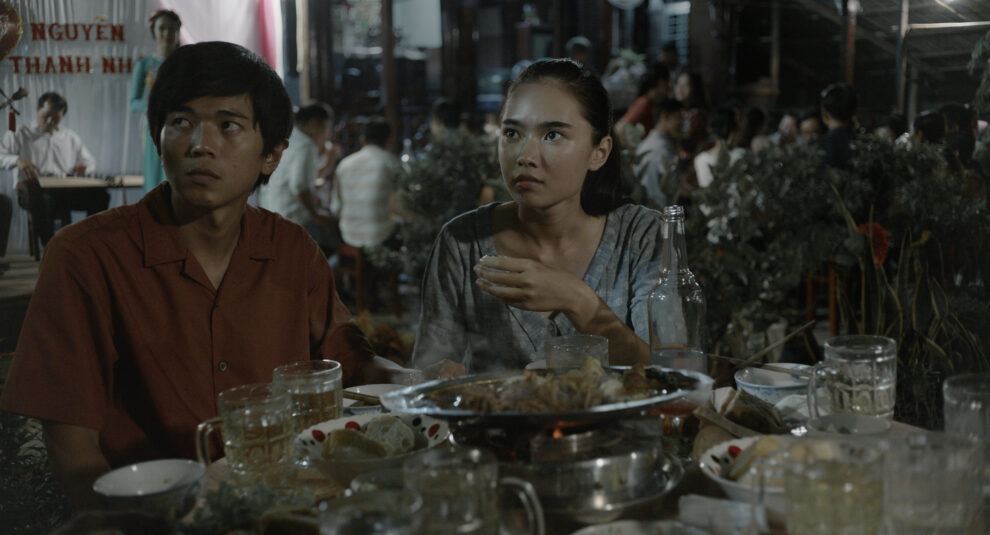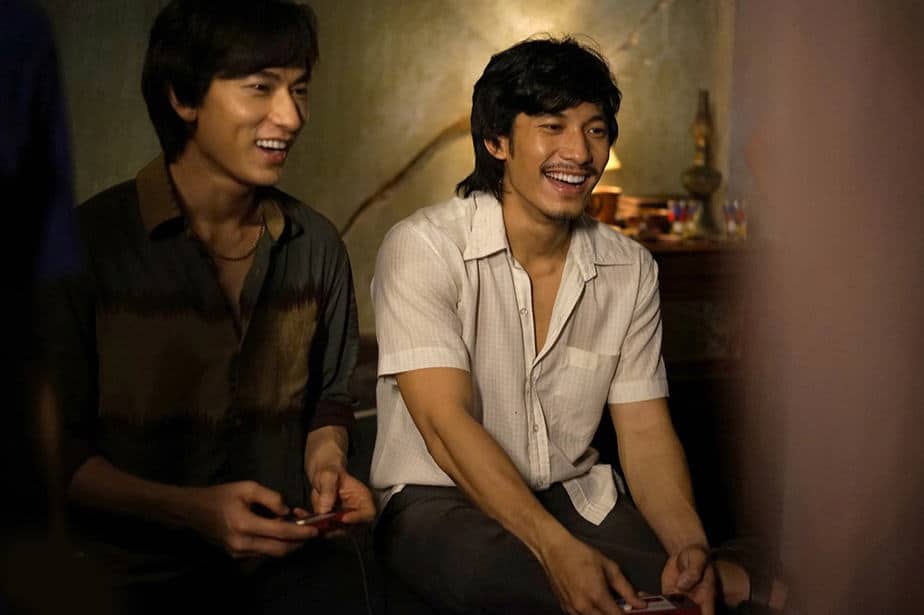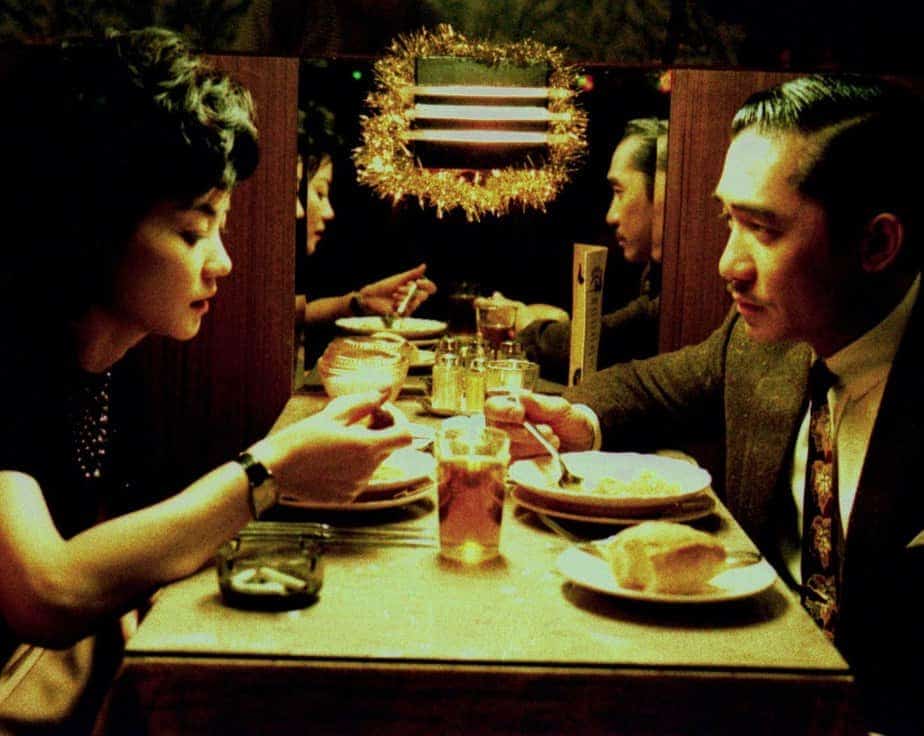Adapted from two short stories by Vietnamese author Nguyen Ngoc Tu, Bui Thac Chuyen's fourth movie premiered in competition in Tokyo and is now making its festival round, with the latest being Helsinki Cine Aasia.
“Glorious Ashes” is screening at Helsinki Cine Aasia

The story focuses on life in the areas around Mekong while revolving around three women living in the same small village. Hau is married to Duong, a fisherman in the delta, but their relationship is anything but ideal, since the latter is missing quite often, and even when he returns, he hardly has anything to say to his wife. The reason is widely known in the village, as Duong never hid his feelings towards Nhan, a childhood friend who lives close by and is happily married to Tam, a ceramics worker for the local cottage industry. Loan, a middle aged woman who is perceived as a ‘weird one' by the rest of the villagers, was raped by a man when she was a child, and now, decades later, sees him returning to the village under to protection of the local monk. Although initially she thirsts for revenge, as time passes, her feelings change to something completely different. The mundanity of everyday life comes into a clash with the aforementioned relationships, while the death of a child and a series of fires that are eventually revealed to be the result of arson complicate things even more.
I do not know if Bui Thac Chuyen is a fan of Korean cinema, but whoever watches “Glorious Ashes” will definitely find similarities with Kim Ki duk's “The Isle” and “The Bow” (as in the life of Duong in the delta and the overall style of life in the village) and Lee Chang-dong's “Burning” as the fires become an increasingly central aspect of the narrative as the movie progresses.
Apart from this similarity, the movie unfolds in three axes. The first one that actually encompasses the others is life in the particular area, with Bui Thac Chuyen portraying it in the most realistic way possible, with the sepia tones of the mud and the river dominating the setting, only being interrupted by the fires, and the blue of the area Duong is fishing. In that fashion, Nguyen K'Linh's cinematography emerges as one of the best aspects of the narrative, even if the coloring becomes a bit monotonous after a fashion. The second aspect of this element is the social one, with the gossip, meddling and institutionalization, as much as the intense sense of community that characterize small societies as the one in the story being eloquently and realistically portrayed.
The second is the romantic aspect, as indicated by the triangle that is shaped between Duong, Hau and Nhan, and the impact it has in the lives of everyone involved, and particularly of the first two. The extremes people reach for love is also showcased here, in a way, though, that portrays the sentiment as a curse rather than a relief or any kind of wonderful feeling.
Lastly the mystery surrounding the fires, which Bui teases us from the beginning, adds yet another level to the narrative, which is eventually connected with the two aforementioned and particularly that of love, in an aspect that is perverse as it is intriguing.
Evidently, the story of the movie is intricate and entertaining, while also allowing Bui to make a number of sociophilosophical comments. At the same time, though, his insistence on a slow-burning, distinctly arthouse approach strips the movie from the impact a number of moments could have if they were presented with more oomph, or even some music, resulting in a film that falls flat after a point, despite the shattering events taking place in the story, even more so since it stretches to almost two hours. In that regard, Julie Beziau's editing falls somewhat short in terms of the apogee of the story, although the rhythm is kept remarkably stable throughout the movie.
Bao Ngoc Doling Juliet as Hau is quite convincing in her futile efforts to communicate with a husband that barely talks to her, with the same applying to Phuong Anh Dao who plays an “apple of discord” as Nhan. Quang Tuan as Tam shines closer to the end, concluding the overall quite good performances here.
“Glorious Ashes” has its faults, particularly in the way it fails to capitalize on its story, but the three main aspects of the narrative carry it beyond any shortcomings, resulting in a movie that definitely deserves a watch for its rarely depicted (in that particular way) premise.
















